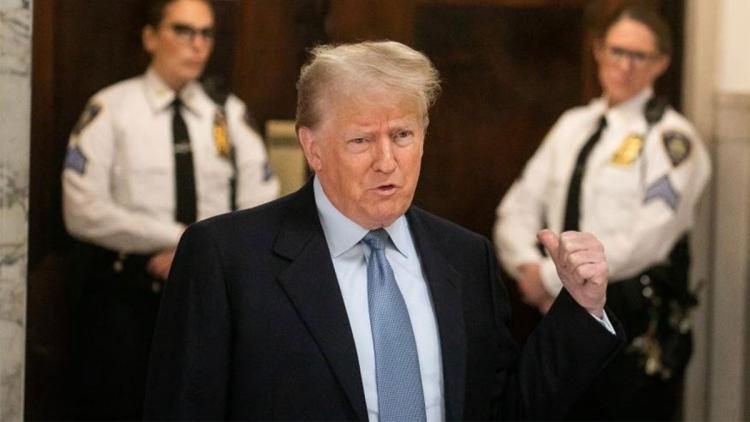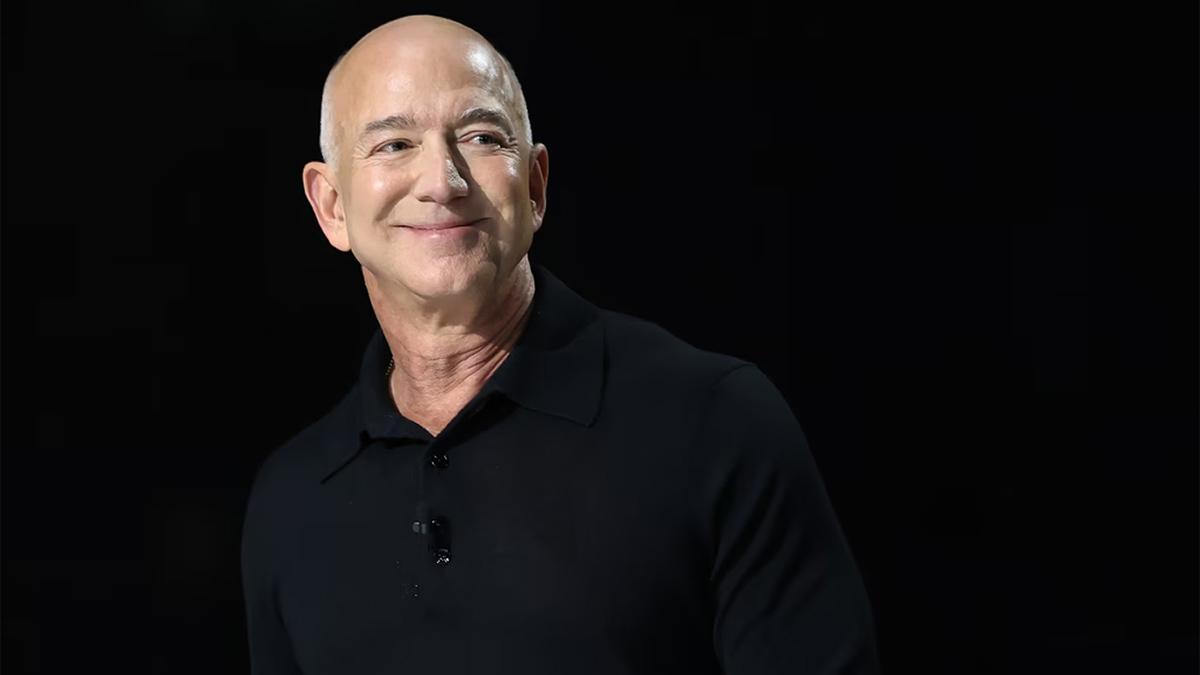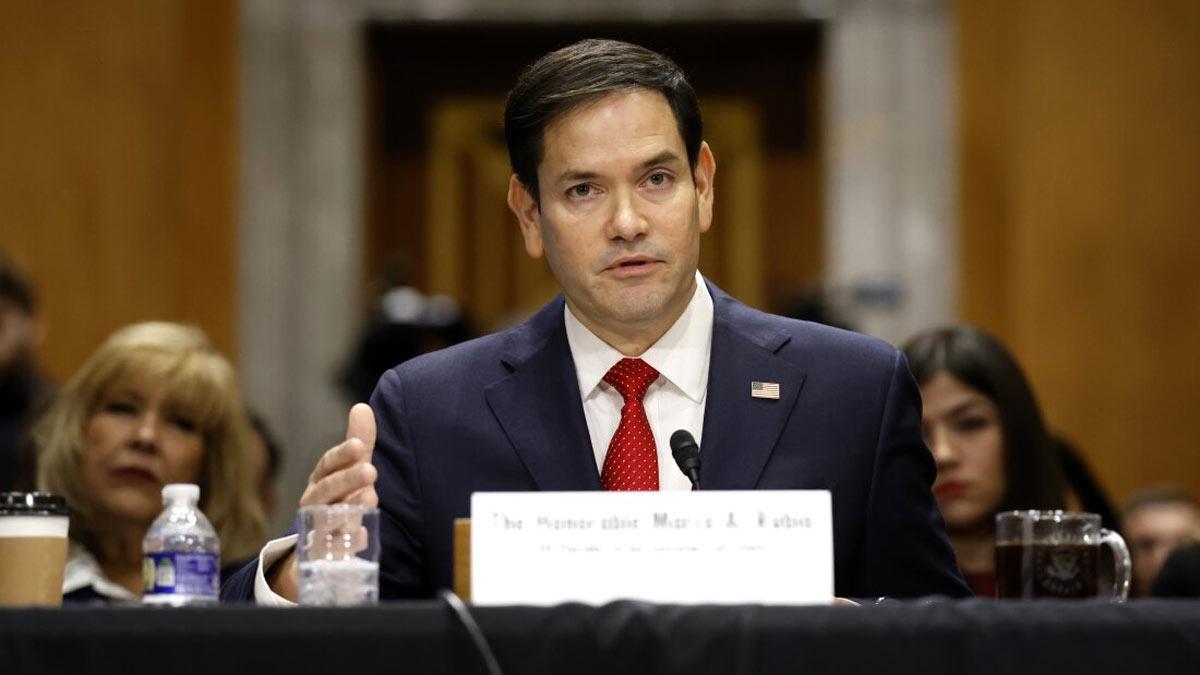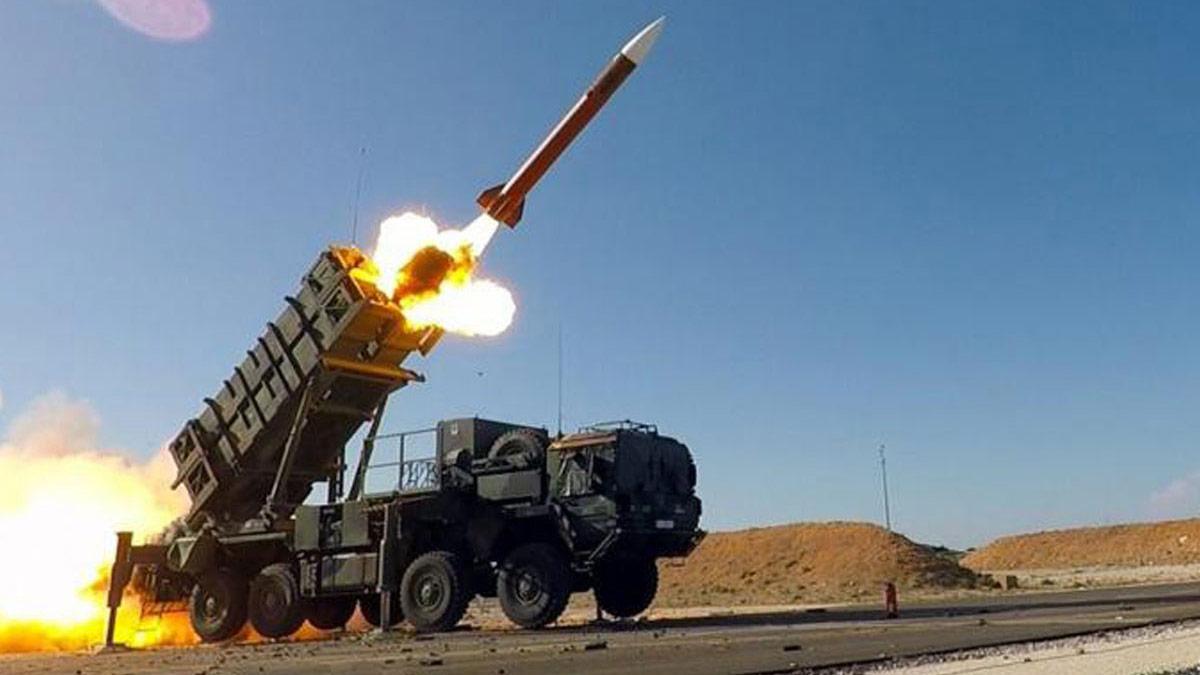Special counsel Jack Smith has made an unprecedented move by personally petitioning the US Supreme Court to determine whether former President Donald Trump can face criminal charges for alleged actions during his presidency. This marks the first time the Supreme Court will delve into a former president's potential prosecution.
Overseeing two investigations into Trump's actions, Smith urged the court for a swift decision on Trump's immunity from federal prosecution. The court has agreed to review, setting a deadline for Trump's legal team to respond. However, the justices haven't hinted at their timeline or approach.
Trump faces a March 2024 trial for allegedly plotting to overturn the 2020 election results. Smith's direct plea to the Supreme Court aims to bypass lower courts and maintain the scheduled trial date.
Smith emphasized the case's significance, questioning whether a former president holds absolute immunity and asserted that only the court could conclusively settle these claims. Trump faces multiple charges, including mishandling classified material post-presidency, alongside the 2020 election indictment.
Key Points:
1. Special counsel Jack Smith made an unprecedented move by personally petitioning the US Supreme Court to determine if former President Donald Trump holds immunity from criminal prosecution for alleged offenses committed during his tenure.
2. This historic appeal marks the first time the Supreme Court will deliberate on a former President's potential criminal prosecution, with Smith overseeing two investigations against Trump.
3. Smith's request, seeking a swift ruling on Trump's immunity from federal prosecution, received a response from the Supreme Court, requiring Trump's legal team to file a response by December 20.
4. However, the court did not disclose a specific timeline or approach for their final decision on this matter.
5. Trump faces a scheduled trial in March 2024 concerning federal charges linked to an alleged attempt to overturn the 2020 election results.
6. Smith's direct plea to the Supreme Court aims to bypass lower courts and expedite the process, preventing delays that could affect the scheduled trial date.
7. Highlighting the case's significance, Smith emphasized the pivotal question about a former President's immunity from federal prosecution for offenses committed during their term.
8. He argued against Trump's claims of presidential immunity, stating that only the Supreme Court possesses the authority to definitively resolve these assertions.
9. Trump's indictment in the 2020 election case includes four felony counts, specifically conspiracy to defraud the US government.
10. Apart from this, Trump faces additional legal challenges, notably another case filed by Smith, accusing him of mishandling classified material post his tenure at the White House.
(With Agency Inputs)
ALSO READ | Trump Opts Out of Testifying in Today's Civil Fraud Trial
ALSO READ | Liz Cheney Cautions U.S. Over Donald Trump's 'Dictator' Remarks


















